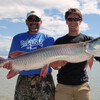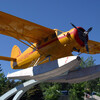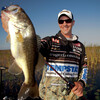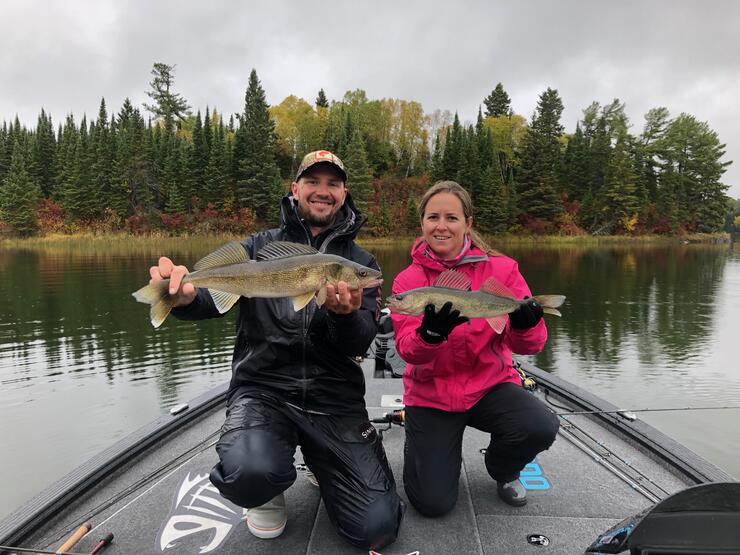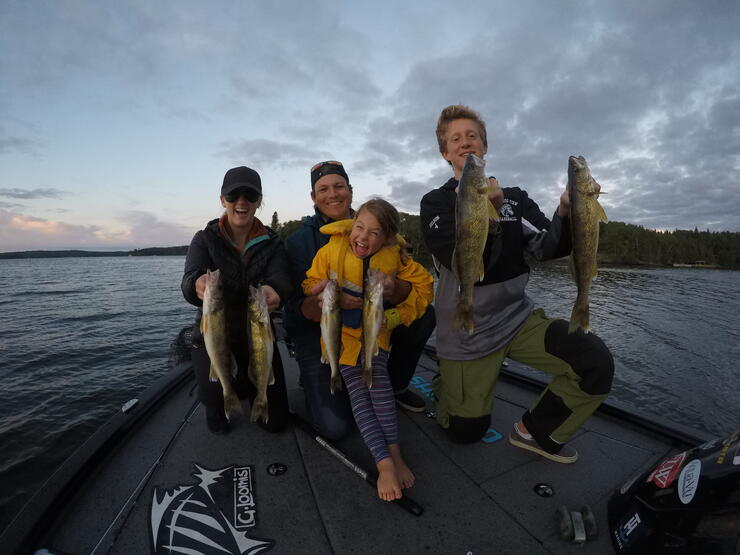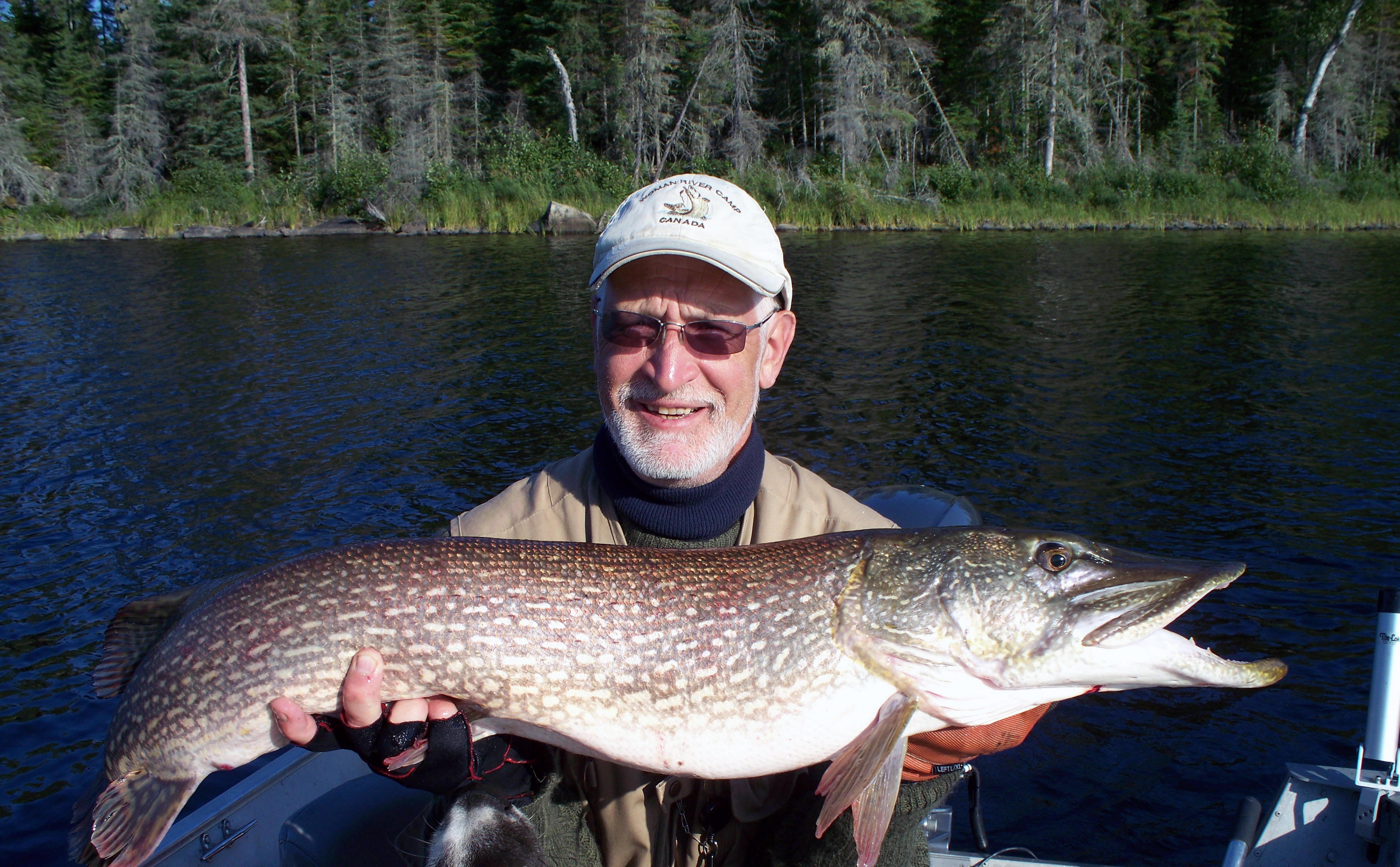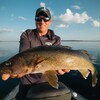
Boat School
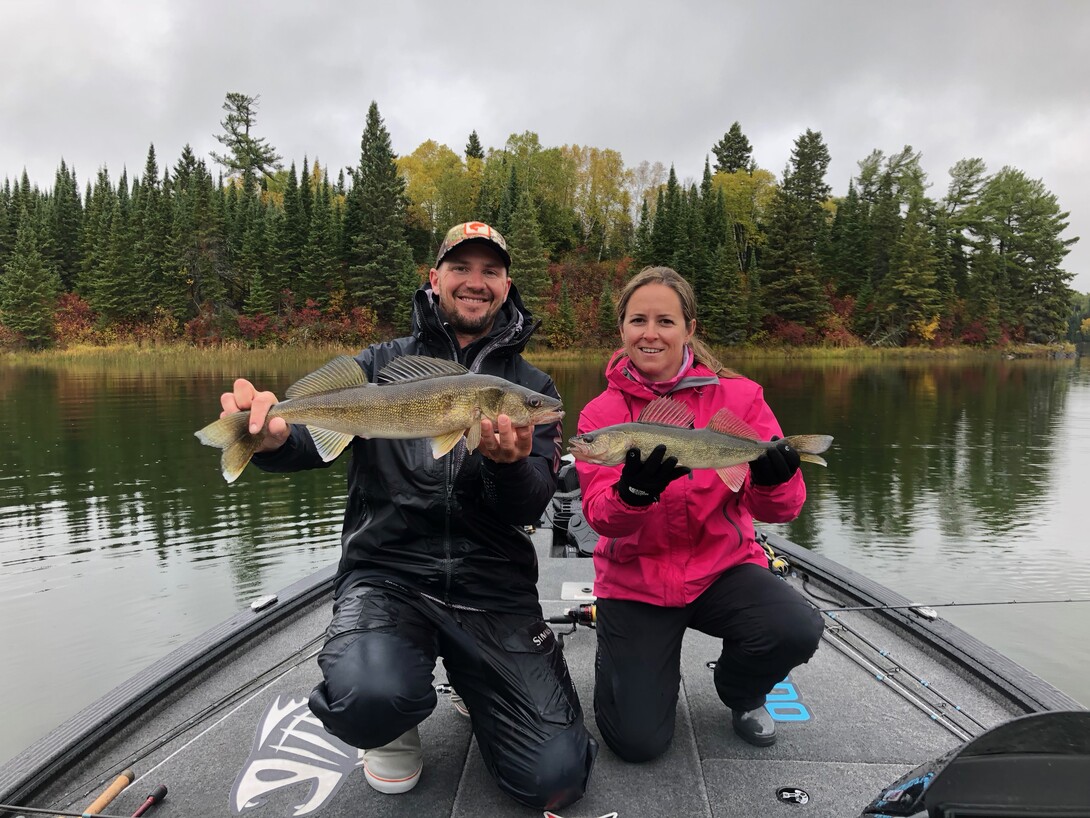
Having spent over 20 years as a fishing guide in Northwest Ontario—I was 14 when I did my first trip—I have shared the boat with hundreds of people over the years. Most folks who get in my boat are competent anglers and know how to fish. I’ve also had plenty of inexperienced anglers, which is great. I’m all about teaching people how to fish and enjoy showing people a good time out on the water.
That being said, it’s surprising to me how many people, usually the more experienced anglers, have poor etiquette in the boat. It’s often little things, but if you’re fishing in somebody else’s boat, especially that of a guide, they will notice these things. So hopefully some of these tips will help you tighten things up next season.
Clean Your Shoes
If you’re fishing in somebody else’s boat, clean your shoes or boots off before you jump in. I’ve had dozens of people jump in my boat and track sand, mud, or even clay from one end to the other.
Yes, we can clean it up, but it’s the principle. All it takes is simply dipping the bottom of your shoes in the water to clean them off, and you won’t make a mess. We should also add that the guide has a windshield while you likely won't, so any dirt you track in, you'll be wearing.
Point Your Fishing Rods BACKWARDS in the Boat
This is one of my biggest pet peeves: when anglers point their fishing rods forward in the boat, especially if they are my rods. Just the other day a friend of mine was in my boat. After fishing the first spot of the morning we were running across the lake at around 30 mph (not all that fast), and his fishing rod that he had pointed forward caught some wind and blew out of the boat in the blink of an eye. It happens, people, so don’t do it!
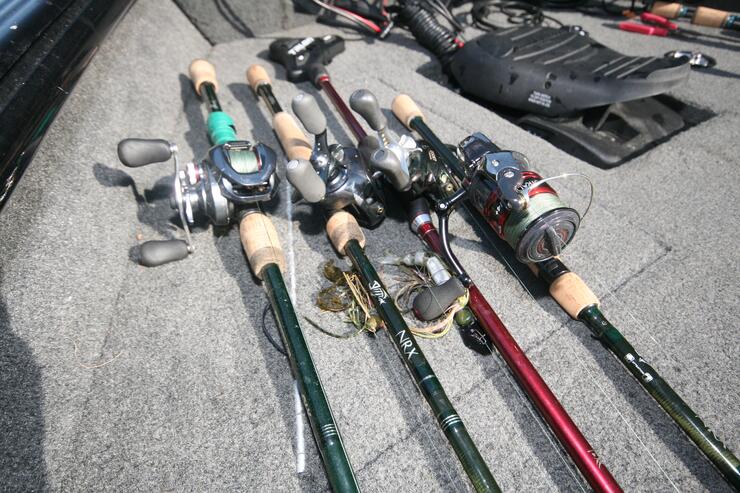
When we always point our rods in the same direction, it helps to prevent a rod tip from being somewhere it shouldn’t be, like where it might get stepped on. It's also a safety concern, because if the rod flies back it could hit someone on the way out.
Don’t Reel your Bait into the Tip of the Rod.
All of the fishing rods in my boat are high end Shimano or G. Loomis rods, so I take a lot of pride in taking care of them. I keep protective socks on the rods when I’m not using them, and I’m confident that they will do their job when I need them to.
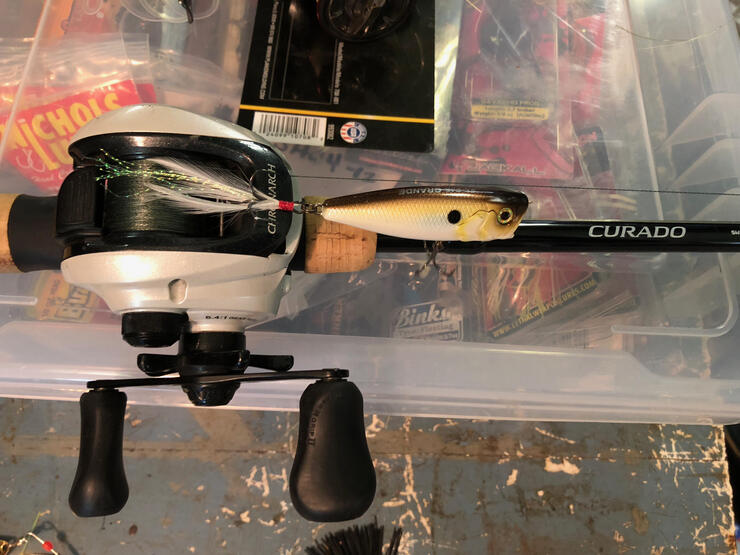
Some anglers insist on reeling their jig or lure into the end of the rod when they are changing rods or we are moving locations. This can damage the tip guides on the rods, and it can also cause some nasty tangles with other rods in the boat, or even hook an angler in the boat or their clothes. It only takes a couple of seconds to hook your bait up on the rod properly, so just make a habit of it.
Listen to Your Guide
The best thing about having inexperienced anglers in the boat is that they often listen better than anglers who think they know what they should be doing. I want my guests to catch fish more than they probably want to catch themselves, and most guides would share the same thought, so when they tell you to do something to up your odds of hooking up––you should listen up.
If they say to cast in a certain direction, to let your bait sink longer, or to impart less action on your jig, listen to what they say!
Raw Power Does Not Free Snags
Across the Sunset Country region, we are right smack dab in the middle of the Canadian Shield, so there is plenty of rock on the bottom of our lakes and it’s common to snag your bait often.
A lot of people get snagged, then insist on pulling as hard as they can and then jerking on the snag with a big bend in the rod.
Instead, once you realize you're snagged, try to simply shake the lure with slack in your line, and the odds of it coming free will increase greatly! If it’s really snaggy, try to feel your jig as you fish along the bottom—if you don’t feel a bite from a fish, be patient before you set the hook. If it is a snag, the odds of getting unstuck are increased greatly if you don’t set the hook hard into the snag.
in conclusion
If you hop into someone else’s boat, try to always be considerate of their equipment. Guides use their boats, rods, reels, and tackle almost every day, and they need to have their gear in good shape to perform properly. So just be mindful in the boat and you’ll have a great time on the water!
Recommended Articles
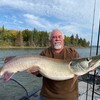
Is the 1,400 Kilometre Drive to Northwest Ontario For a Fishing Trip Worth it?

8 must-see waterfalls

6 Ways to Get Your 10,000 Steps This Fall

Top 5 Reasons You Should Be Fishing in Morson, Ontario

Discover The Winnipeg River

Enjoy Sunset Country's Fall Colours on Your Next Road Trip

Fishing in the Fall?

6 Reasons to Book a Fall Vacation to Sunset Country

10 Reasons to Avoid Ontario’s Sunset Country

Heading Across Canada?

A Guide to Sunset Country Museums
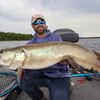
The Promised Land: Best Muskie Fishing in Ontario
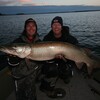
Fall Fishing Tips
5 Essential Boreal Experiences in Ontario's Sunset Country

5 Obscure Facts About Northwestern Ontario: Were You Aware of These?

Great Food in Relatively Unknown Places
Outdoor Medicine

A Guide to Bringing Your Pets on Vacation to Canada

There's more than just fishing in the Red Lake Region

5 Amazing Sights You Can Only See By Boat
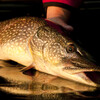
Going Fishing in Canada?

Going fishing in Ontario?

Outdoor Adventure in Ontario's Northern Paradise
Planning A Family Fishing Trip to Canada
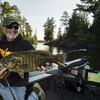
Tips from a Fishing Legend
